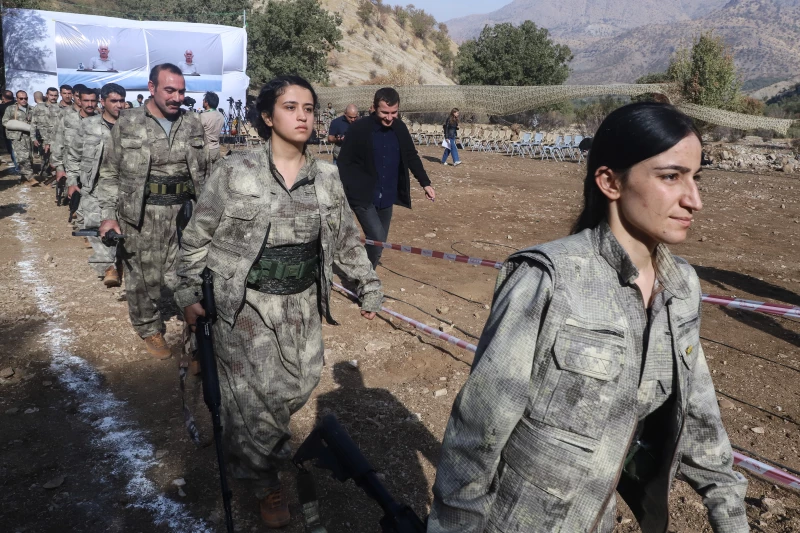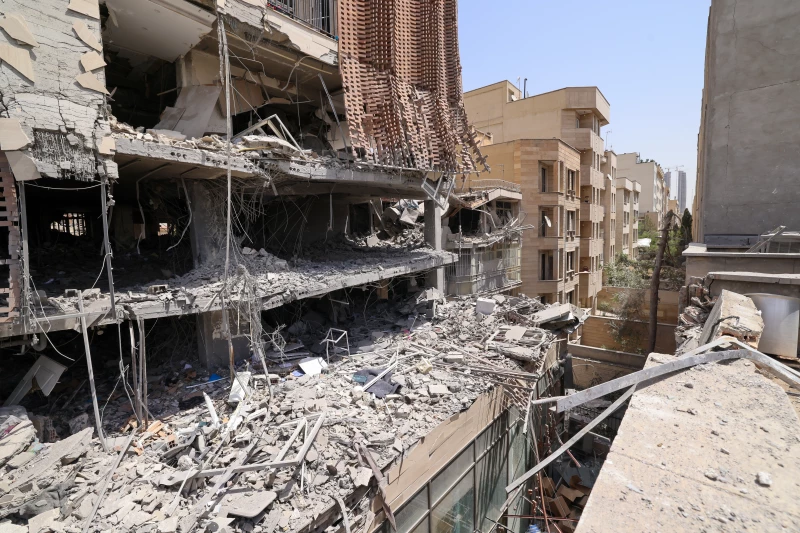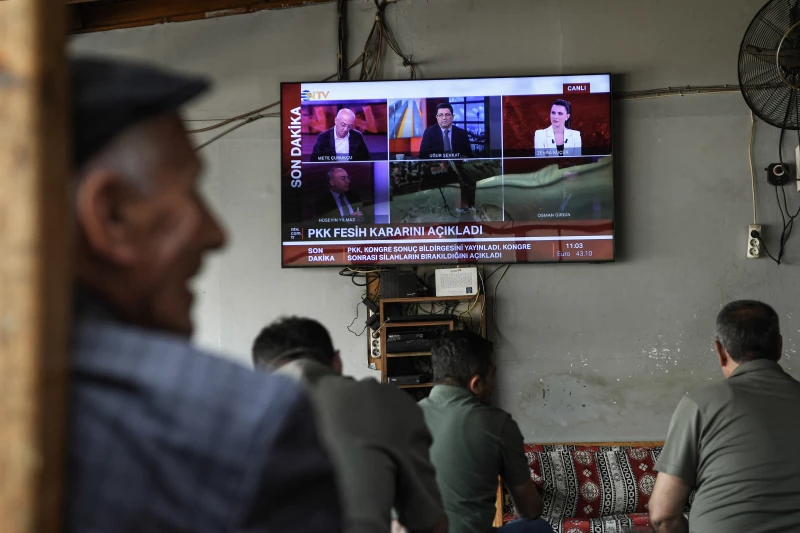The dialogue between Turkey and the founder of the Kurdistan Workers' Party (PKK) Abdullah Ocalan is fundamentally unbalanced. It is not a negotiation between the two sides, not a framework based on mutual recognition, but a relentlessly uncompromising and cyclical exercise that revolves around the logic that "you are a terrorist group; you must surrender and dissolve and reintegrate into civil society under Turkish sovereignty. We will allow some reforms, provided you first lay down your weapons unconditionally."
Ocalan's historical position is that the PKK is ready to stop the fighting, democratize the movement, and move to a peaceful policy only if these concessions are accompanied by a change in the constitution and political recognition and cultural rights for the Kurds.
In 2024 and 2025, the PKK leader changed his tone, indicating that guerrilla warfare is no longer useful and that it is time for “politics, not weapons.” Indeed, the shift in approach may be considered more like a staged transition than a traditional negotiation process—it is more about the PKK's internal changes than Kurdish-Ankara dialogue.
There is no formal agreement for peace. There are no binding legal or constitutional guarantees either. Unlike the Colombian FARC peace agreement (2016) or the Nepalese Maoist settlement (2006), there are no signed documents in place and no third-party guarantees (UN, EU, etc.). There is no clear disarmament program or details of the murky future awaiting the former militants. There is no constitutional or legal commitment to even the slightest enhancement of Kurdish rights or the release of Ocalan.
At this critical juncture, everything depends on both sides' trust and respective interpretations of the situation, or more precisely, on Ocalan's authority over the movement and Turkey's current strategic calculations. Turkey sees any proposal for bilateral talks as a threat to the legitimacy of the state, so they prefer the controlled dismantling of the PKK to a compromise called dialogue. Turkey has rejected normal conditions of peace, such as mutual recognition, the signing of agreements, and third-party guarantees—as seen in the aforementioned Colombian and Nepalese examples, as well as in South Sudan in 2005—in favor of an intransigent approach.
There are other examples of guerilla groups agreeing to disband in exchange for limited concessions, mostly domestic reforms that nominally enhance the rights of disenfranchised groups, as can be seen in the examples of militants in Aceh, Indonesia (2005), Bougainville, Papua New Guinea (2001), and with the Moro MNLF group in the Philippines (1996). However, Turkey, so far, has not offered concrete political reforms. Kurds must await a legal commission to be formed by parliament to amend certain laws, with constiution reform proving even more elusive given the referendum requirements it would entail.
Instead, unconditional surrender is the Turkish wish, with Ankara hoping that the burgeoning peace process will be more similar to that of Basque sepratist group ETA in Spain (2011) or the Tamil Tigers in Sri Lanka (2009) than the prior examples that involved bilateral give-and-take.
The model of stuck conflicts represents another endgame for peace agreements between state and non-state actors, being characterized by tenuous coexistence and incomplete agreements. The spectrum between stuck conflicts and unconditional surrender sees occasional efforts at dialogue interspersed with outbreaks of violence, with Israel and Hamas, as well as Turkey and the PKK at the turn of the century, proving salient examples. In such scenarios, the recurrent epithet of "bilateral negotiations" thrown around by all parties is not an accurate reflection of the true nature of the peace process— it is more like a truce where the state is waiting for an eventual surrender.
In the current negotiations, Turkey is taking advantage of Ocalan's symbolic power and its relentless military pressure on West Kurdistan. This stems from the nature of the Turkish state, which is a highly centralized and militarized republic, created by Kemalist nationalism in the 1920s. Its founding principles were linguistic and territorial unity and Türklük identity, which fused absolute loyalty to the state and secularism with hostility to ethnic pluralism.
The Republic of Turkey thus sees itself as a post-imperial miracle that avoided the fate of fragmentation seen in the Arab world and the Balkans, deeming itself a rare example of hegemony in a region prone to fracture. The defeat of the Western occupation in the 1923 War of Independence, the rapid modernization under Ataturk, and the preservation of territorial unity in an area of ethnic conflict proved a defining victory for the Turkish state and its self-conception. Therefore, any negotiations relating to internal division, especially with the Kurdish movement, are seen as a betrayal of Ataturk's legacy and a threat to the unity of the state.
For Turks, this is not just ideology. It is also the bedrock that underlies parliament, the constitution, military doctrine, education and the judiciary. Why does Turkey believe that compromise for the Kurds is “an irreparable compromise”? Because Turkey believes that if the Kurds are given a cultural or political breath of life, others, such as Alavis, Armenians, Laz, and Circassians will have the same desire.
The current models of Rojava in Syria and the Kurdistan Region of Iraq have also frightened Turkey, which sees federalism in Iraq and decentralization in Syria not as a solution to the Kurdish situation in Turkey, but as a stark warning that Kurdish self-government in Turkey will lead to state collapse or foreign intervention.
Turkey does not trust the PKK as a political partner. The ruling Turkish political elite believes that a movement that has been the foundation of armed struggle cannot be politicized and legalized because this is a dangerous precedent and others may resort to similar tactics to achieve political legitimacy. The hitch at the heart of the process is respect, or lack thereof. If disarmament is unconditional, why engage in symbolic disarmament that may not become a reality? Why has Turkey accepted it? What is symbolic disarmament? An exercise in acting and showmanship, intended to point out the imbalances of power and the triumph of the state. It is a kind of reassurance to Turkish public opinion: “They were wrong.” Turkey accepts the show only because it has no political cost, neither legal recognition nor negotiations nor compromise. The show allows Turkey to claim victory at home, and the PKK allows itself to say, "I was ready to give you victory, but you didn't act."
From a logical political point of view, the PKK's disamrmament cannot be viewd in a vacuum. The problem is that the PKK is not limited to one geographical area. It has forces in the Kurdistan Region and Iraq. It controls West Kurdistan. It claims to have an armed wing in Iran (PJAK) with political bases in Europe. So both sides have taken only one step; one has set at the table its national ideological conception of kinship and brotherhood, and the other has disarmed a group in a theater.
From Ocalan's arrest in 1999 to the deadlock in peace talks in 2015, the PKK has repeatedly instructed a group to lay down arms, but Turkey has remained intransigent, a bulwark founded upon an uncompromising national identity that does not permit ideological challenges to go unpunished. How the next chapter of the storied history between Ankara and the Kurdish militants will read remains to be seen.
The views expressed in this article are those of the writer and do not necessarily represent the position of The New Region's editorial team.

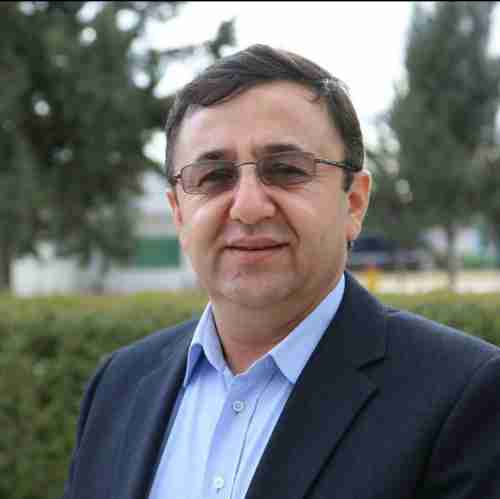
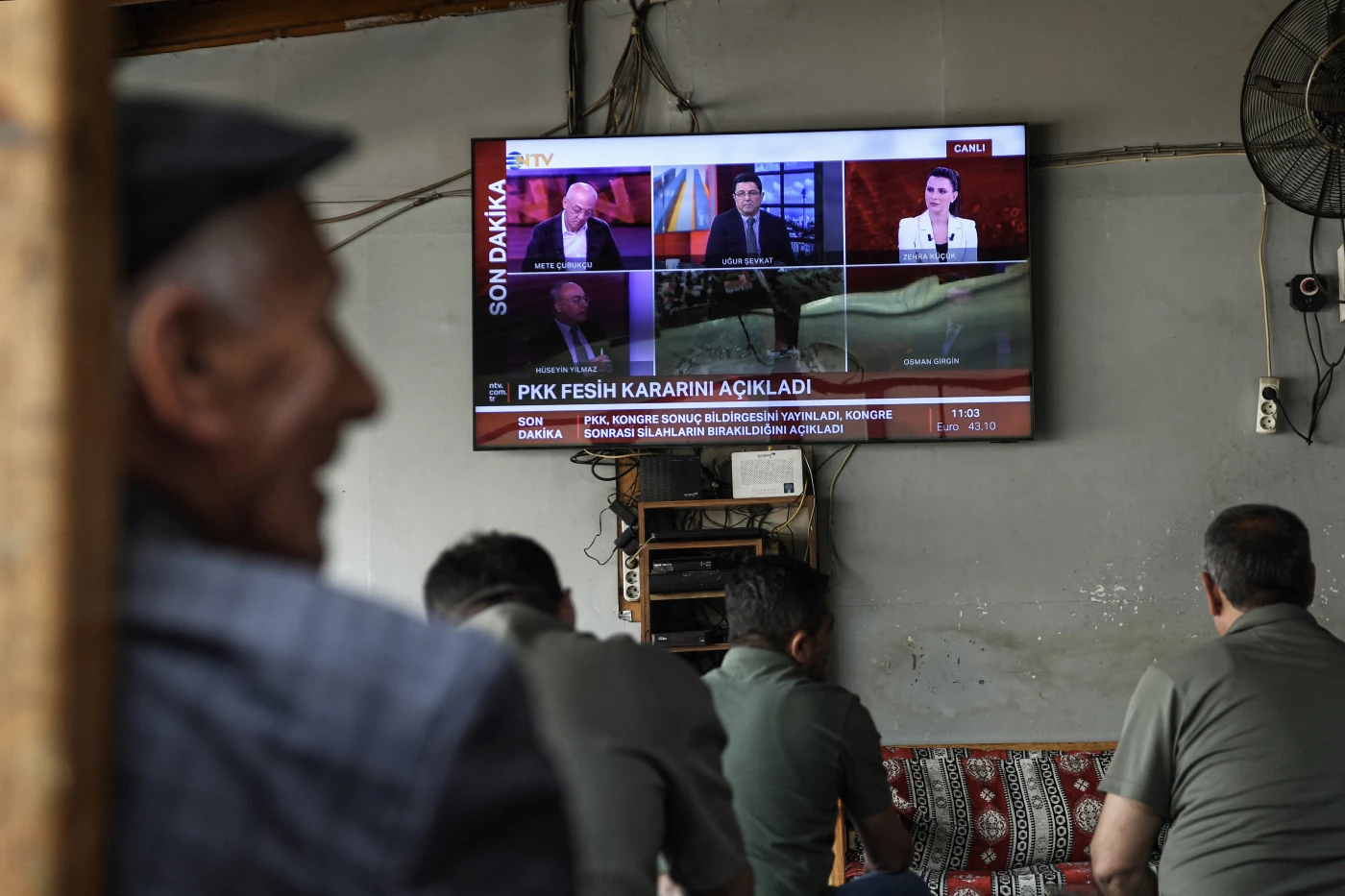
 Facebook
Facebook
 LinkedIn
LinkedIn
 Telegram
Telegram
 X
X
